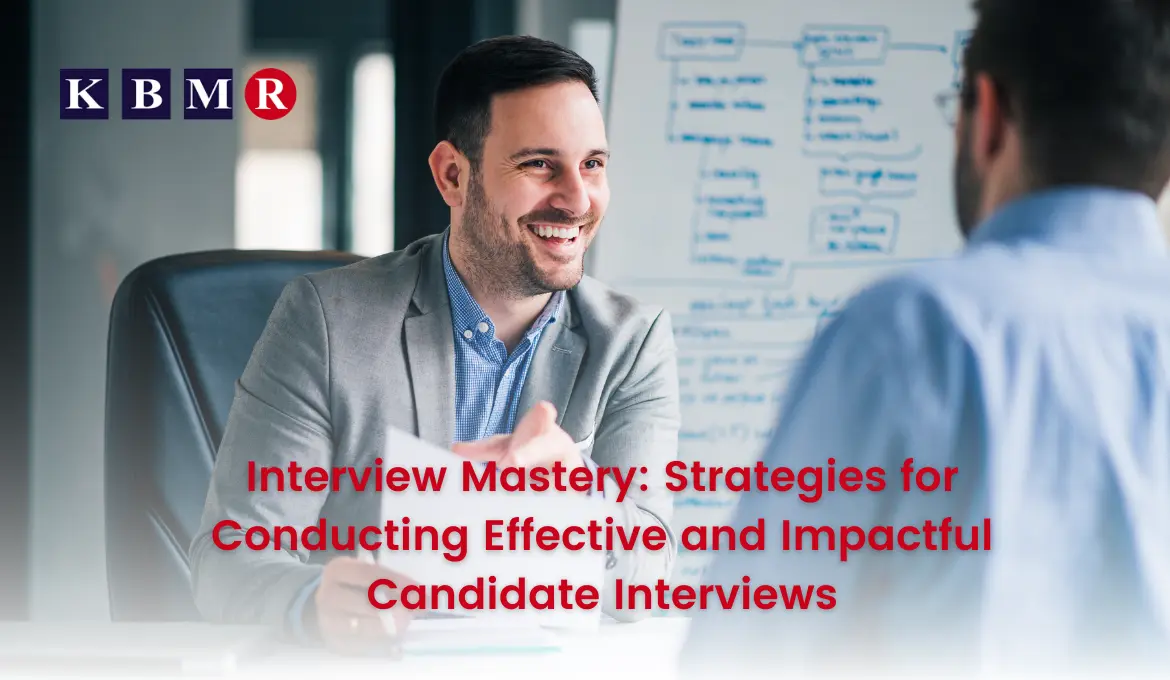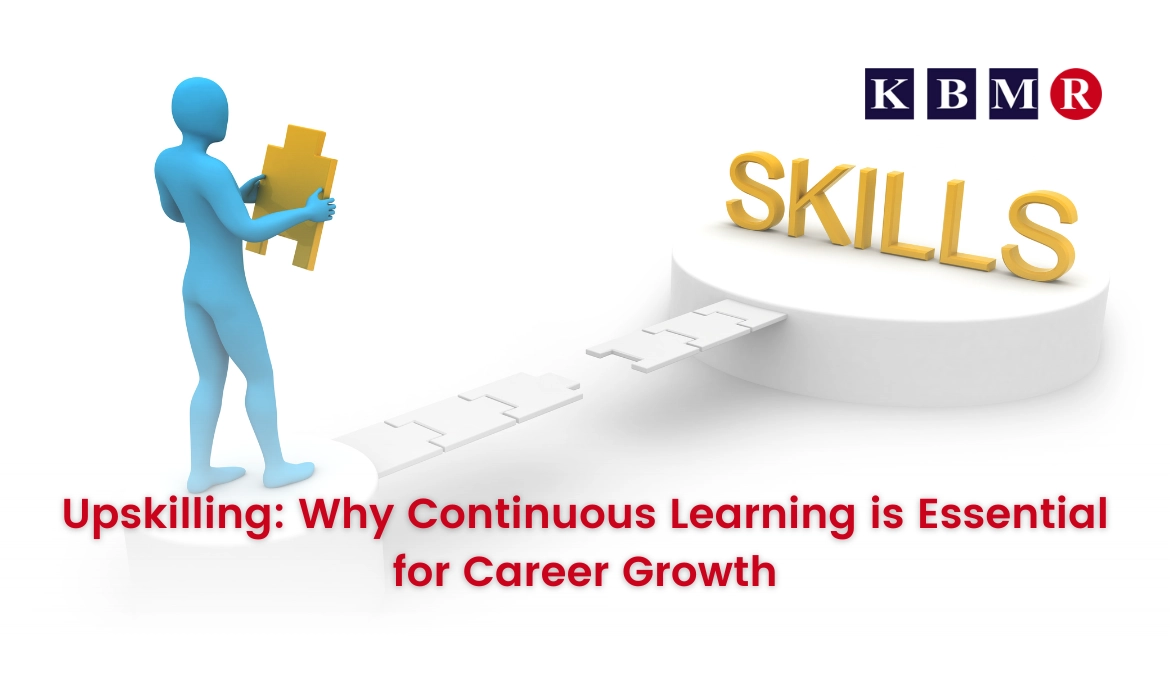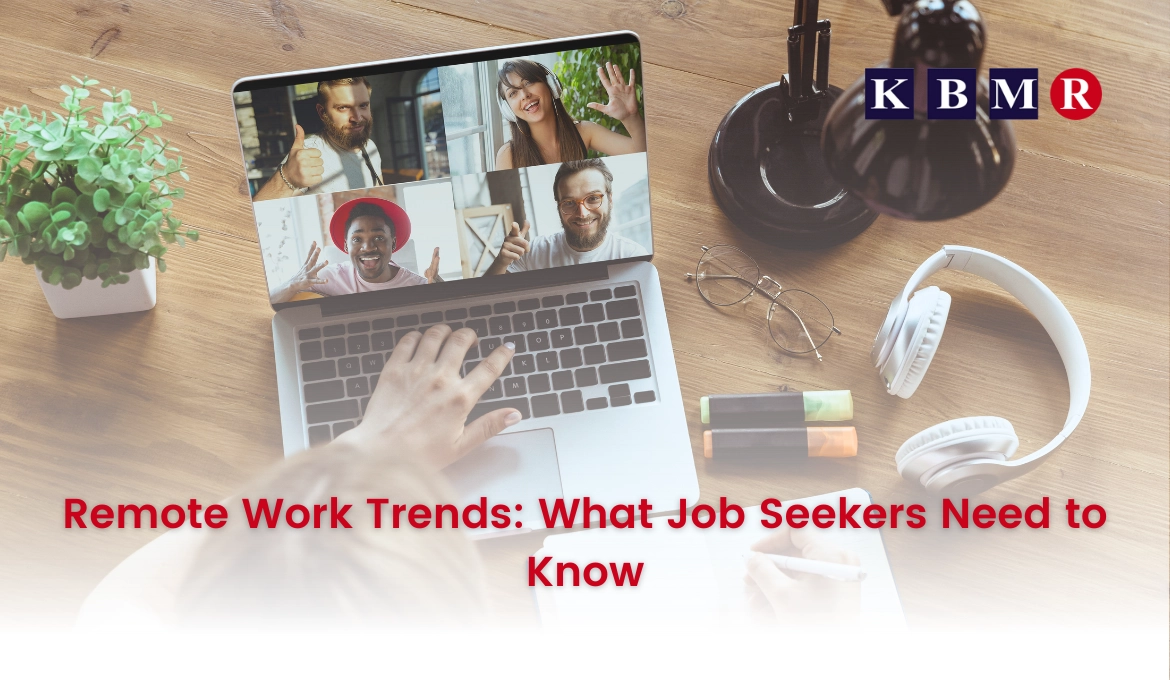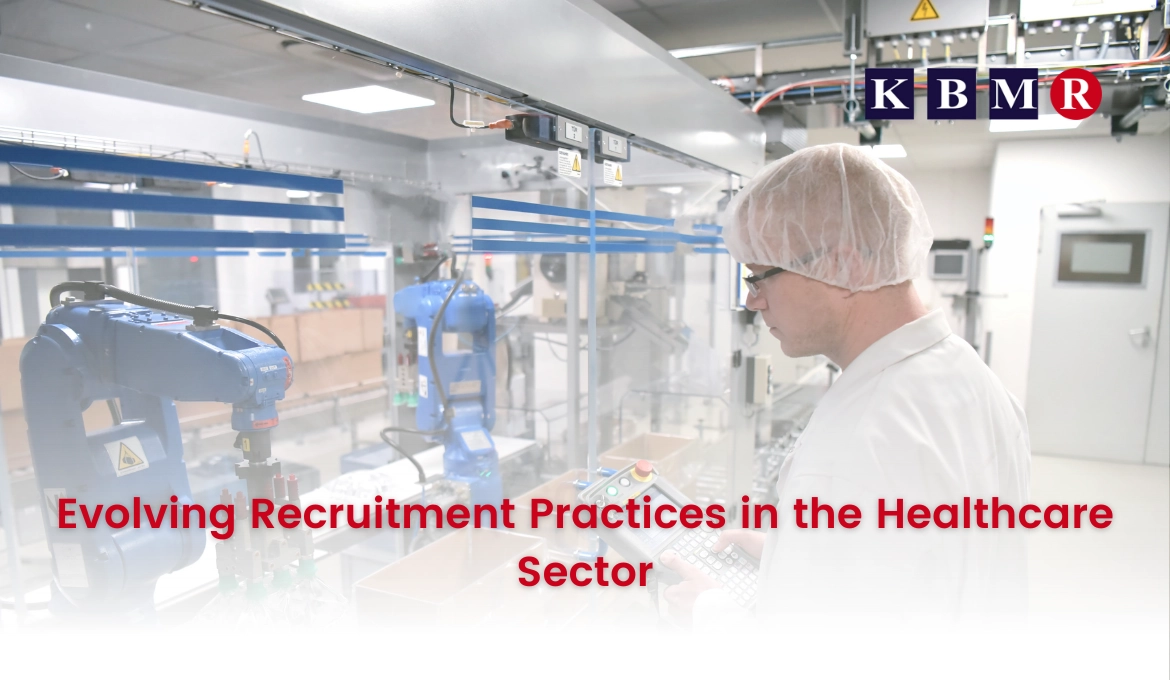Interviews are pivotal in the recruitment process, where you can truly understand a candidate's potential and gauge their fit for your organisation. But mastering the art of conducting effective and impactful interviews is no small feat. This blog is your guide to honing your interview skills and techniques to ensure you make the right hiring decisions.
Preparation is Key
Compelling interviews start with thorough preparation. Being prepared ensures that you will cover all necessary topics and make the most of the interview time:
-
Review the Candidate's Resume: Before the interview, familiarise yourself with the candidate's resume. This will give you insights into their qualifications and experiences.
-
Define the Job Requirements: Clearly outline the required qualifications, skills, and attributes. This will serve as a checklist during the interview.
-
Develop a Structured Interview Plan: Create standardised questions you will ask all candidates. This consistency makes comparing candidates easier.
Establish a Comfortable Atmosphere
Creating a welcoming and comfortable atmosphere is essential. This puts candidates at ease, allowing them to present themselves more naturally:
Greeting and Introduction: Begin with a friendly greeting and an introduction. A warm welcome can calm nerves and set a positive tone.
-
Explain the Interview Process: Briefly explain the interview structure so candidates know what to expect.
-
Offer Refreshments: A glass of water or coffee can create a relaxed atmosphere.
Active Listening
Listening is a fundamental interview skill. By adequately listening, you can gain valuable insights into the candidate's qualifications and personality:
-
Avoid Interrupting: Allow the candidate to finish their thoughts. Interrupting can make them feel disrespected.
-
Take Notes: Note down key points during the interview. This will help you remember and compare candidates later.
-
Use Follow-up Questions: Ask follow-up questions to clarify or delve deeper into a candidate's response.
Ask Open-Ended Questions
Open-ended questions encourage candidates to provide detailed responses, offering a better understanding of their thought processes. Example: Can you describe a challenging project you've worked on recently and how you overcame obstacles? This question invites candidates to share a specific situation, approach, and outcome.
Behavioural Questions
Behavioural questions focus on past behaviour as a predictor of future performance. They help assess a candidate's suitability for the role. a. Example: Tell me about a time when you had to meet a tight deadline. How did you manage it? Behavioural questions reveal how candidates have handled situations in the past, which can indicate their potential in your organisation.
Encourage Questions from Candidates
Allowing candidates to ask questions demonstrates your openness and transparency. Do you have any questions for me? This simple question will enable candidates to clarify doubts and better understand your organisation.
Assess Cultural Fit
Evaluate whether the candidate aligns with your company's culture. Cultural fit is essential for long-term employee satisfaction. Example: How would you describe your preferred work environment and company culture? This question explores whether the candidate's values and work style match your organisation.
Professionalism and Respect
Maintaining professionalism and showing respect are cornerstones of effective interviewing:
-
Stay on Schedule: Respecting the candidate's time and meeting the interview schedule is vital.
-
Be Courteous and Respectful: Even if the candidate is not the right fit, be courteous and respectful throughout the interview.
Rate and Compare Candidates
After each interview, take time to rate and compare candidates based on the job requirements and qualifications:
-
Use a Scoring System: Develop a scoring system to objectively evaluate each candidate's performance.
-
Consider All Aspects: Rate candidates on their skills, cultural fit, and overall impression.
Follow-Up and Feedback
-
The interview doesn't end when the candidate leaves. Providing timely feedback and keeping the candidate informed about the status of their application is essential:
-
Thank-You Email: After the interview, email a thank you to acknowledge the candidate's time and effort.
-
Provide Constructive Feedback: Offer feedback to candidates who were not selected. This can help them improve and remember your organisation positively.
Continuous Improvement
Interviewing is a skill that can constantly be improved. To do this, consider self-evaluation to identify areas for personal growth in conducting interviews. Additionally, invest in training and development for your hiring team to ensure consistency and improvement in the interview process.
Successful talent acquisition hinges on compelling interviews, allowing informed hiring decisions that benefit both the organisation and the candidates. Remember, interviews are a two-way assessment, ensuring a good match for both parties. Incorporating these strategies into your interviewing process will help you identify top talent and contribute to your organization's success.
Conclusion
Mastering the art of interviewing is a valuable ongoing journey. Following these strategies can enhance your interview skills and align your hiring decisions with your organisation's values. Compelling interviews serve not only to find the right candidate but also allow candidates to assess their fit within your organisation. When both sides benefit, it leads to building a dedicated, talented team that drives organizational success.
Remember, interviews are about dialogue, mutual understanding, and finding the best match. With a well-structured approach, active listening, and professionalism, you'll be well-prepared to conduct impactful interviews, setting the stage for a successful future for your organisation and the candidates you hire.





